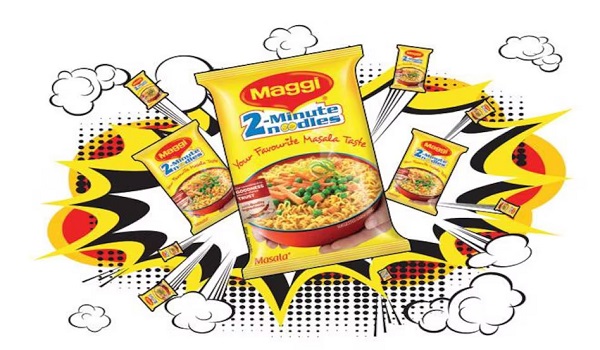The National Consumer Dispute Redressal Commission (NCDRC) has ruled in favour of Nestle India, dismissing the central government’s longstanding plea filed in 2015 concerning the sale of Maggi noodles. The complaint, which alleged unfair trade practices, sought hefty compensation and punitive damages totalling Rs. 640.41 crores.
The NCDRC’s decision marks a pivotal moment in the protracted legal battle initiated by the Department of Consumer Affairs against Nestle India. The government had accused the company of engaging in unfair trade practices by purportedly manufacturing and distributing hazardous and defective goods to the public.
Nestle India welcomed the ruling, heralding it as a vindication of its longstanding stance on the safety and quality of Maggi noodles. The company has consistently maintained its adherence to stringent quality standards and refuted allegations of misleading consumers.
The origins of the legal dispute trace back to 2015, when FSSAI imposed a ban on Maggi noodles after detecting elevated levels of lead and alleged discrepancies in labelling. This move resulted in significant financial repercussions for Nestle India, including a loss of Rs. 450 crores and the destruction of over 30,000 tons of product.
Subsequently, the central government escalated the matter by filing a complaint with the NCDRC under the Consumer Protection Act, a rare instance of governmental intervention in consumer disputes. The NCDRC’s decision to dismiss the plea underscores the complexities surrounding food safety regulations and corporate accountability.
While Nestle India celebrates the legal victory, the case underscores the need for robust oversight and regulatory mechanisms to safeguard consumer interests. As the legal saga surrounding Maggi noodles draws to a close, stakeholders emphasize the importance of transparency, accountability, and adherence to regulatory standards in the food industry.


